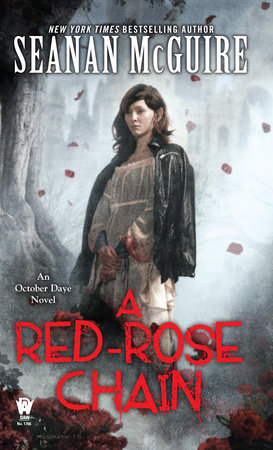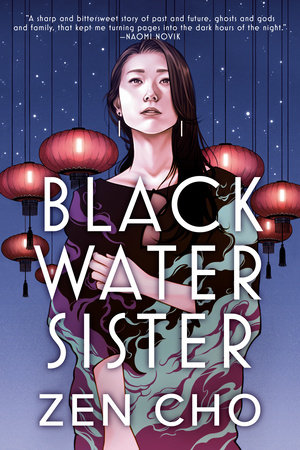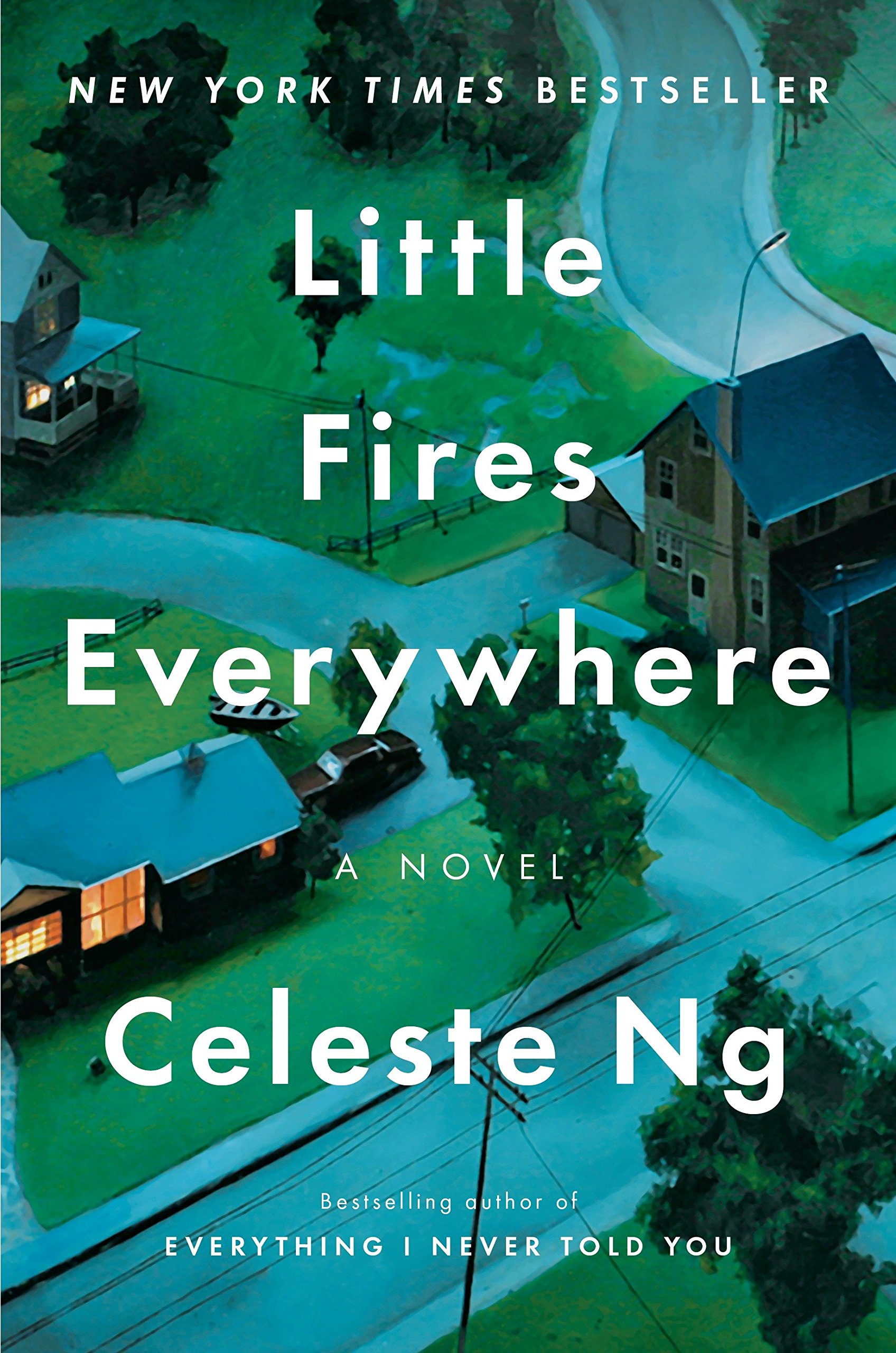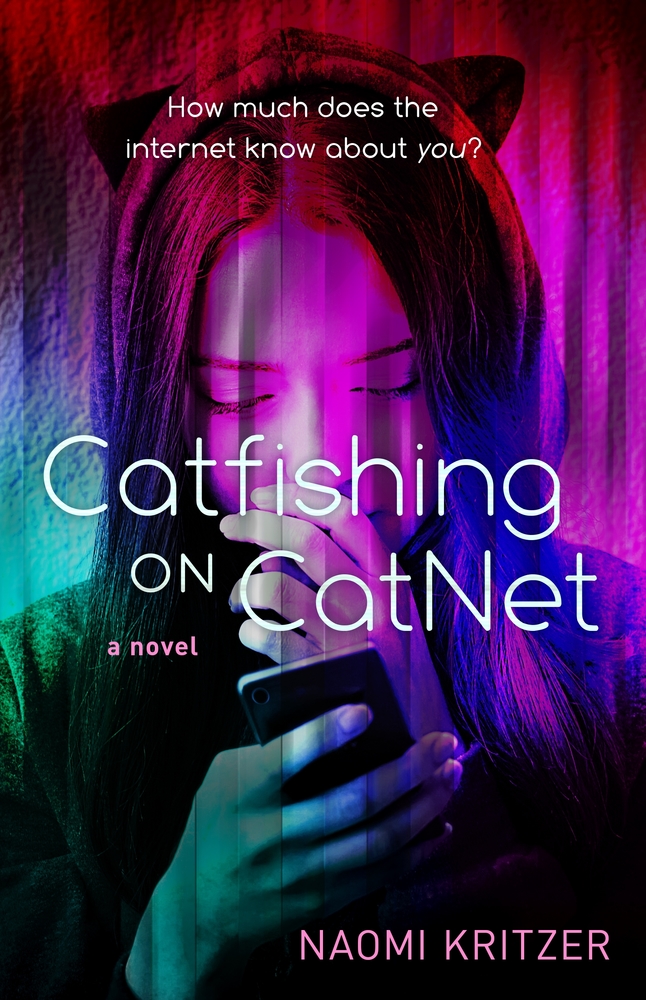It was a hell of a year, and my reading took a serious hit during the pandemic. I just couldn't focus as much as usual. I managed to drag myself over the 100 book mark, but that's normally not a hard thing to do. Luckily, there were some bright spots in all of this - so here are my Top Ten Books. Many of them were published in the last two years, but there are a few other books sneaking in, including one SF classic.
Honourable Mention (Series): The October Daye books by Seanan McGuire
 10. Black Sun by Rebecca Roanhorse
10. Black Sun by Rebecca Roanhorse Epic fantasy in a Mesoamerican world? A city riven by conflict between different factions and different priests, with doom coming on black wings? Where one group is hellbent on destroying all of the present order of things, and perhaps the world itself in the process? This was not a hard sell for me, and lived up to the promise. The characters were compelling, and the world utterly engrossing. I'm looking forward to seeing where it goes from here.
I've read Zen Cho's Sorcerer to the Crown, and enjoyed it as a romp, but I think Black Water Sister is even better. Set in present-day Malaysia, main character Jess is trying to figure out who she is and what she should do next. The ghost of her grandmother has some very specific ideas, and they involve taking revenge on a gangster and saving a temple - but Black Water Sister, the goddess of that temple has plans for Jess as well that involve mediumship, death, and destruction. One of the last books I read this year, and one I enjoyed every second of.
You may notice a trend this year that I was kind of a sucker for retellings, whether of Norse myth, Greek myth, or fairy tales. Done well, I love to see what new authors make of old stories. This version of Angrboda and her ill-fated relationship with Loki and her children who were destined to end the world didn't feel like it was bringing anything really revolutionary to the picture, but oh, it did what it was doing so beautifully. The writing sucked me in, and the story of how her marriage shaped her children and their fate was a much needed diversion when the pandemic was at its deepest.
Both of Ng's books have just blown me away, and while it took me a couple of years to get to this second one, it was just as good as the first. As a study of conformity vs. non-conformity, and how choices are justified, how actions are carried through, it was incisive. It's easy to make it sound like a popcorn book, if you reduce it to the inevitable conflicts between a mom who has justified every choice that led to her comfortable, wealthy existence and her photographer tenant who never stays in one place or on one project for too long, but it's the attention to the characters, their children, and why everyone does what they do that makes this so strong.
I absolutely loved the first Lady Astronaut book, and very much enjoyed the second, although I thought it wasn't quite as strong. The third book just blew me away. The focus changes to Nicole, astronaut, governor's wife, all-around badass who struggles with arthritis and an eating disorder, as well as a space agency who would love to call her too old to fly and ground her. We get the ongoing political struggles on Earth as well as an epidemic on the Moon. Love Nicole as a main character, love this world, and at times it feels all too reminiscent of the present-day, but in ways that ring true for this version of the 1950s.
I'm a little late to the party on this one, and for no good reason, since my deep love of Greek mythology is firmly on the record. It took a friend dropping a care package of books off on the doorstep to finally get me to sit down with this one, and so another retelling of mythology lands on my best-of list. Miller fleshes out the story of Circe in fascinating ways, giving her a real arc and motivation that completely sucked me in. If this sounds like something you'd like, it probably is. It deserves all the attention it got a few years ago.
4. The House in the Cerulean Sea by T.J. Klune
This was just a warm gay hug of a book, and when I read it, I needed that warmth and love more than just about anything in the world. It's about Linus, who lives a very normal grey life in the city, working for the Department in Charge of Magical Youth, who files reports on their living conditions and never much thinks about what might come of it. Until he gets sent to survey the house where the Antichrist lives, along with, among others, a were-Pomeranian, a gelatinous blob who aspires to be a bellhop, a surly girl gnome who threatens him regularly with her shovel, and falls in love with all of the children, as well as their guardian, Arthur. It's about family in a world that fears difference and I was just in love with everyone as Linus ends up being.
3. Sorrowland by Rivers Solomon
I just finished this, and holy crap. I've liked everything Solomon has written so far, but with Sorrowland, they've just absolutely knocked my socks off. There were times at the beginning that I wasn't sure how much I was going to like it. The main character, Vern, on the run from a religious Black power commune, was often unlikeable to the point of it being painful, but in the end she squirmed her way under my skin in the same way strange bone structures grow under hers. There is anger here, and love, and fierceness, and it was nothing like what I was expecting.
2. The Lathe of Heaven by Ursula K. Le Guin
There wasn't ever another SF writer quite like Ursula K. Le Guin, and even now, after her death, she is still blowing me away with how good, how interested, how incisive and smart her science fiction is. This one is just so good, about a man who discovers he can change reality through his dreams, and is terrified, and the shrink who is more than happy to exploit that power for his personal gain (although he tells himself it's for the good of society.) There's a little bit of Buddhism and mysticism in here, a lot of thought, and every page was a delight.
1. The Once and Future Witches by Alix Harrow
I liked but didn't love Harrow's first book, but I loved this one. It's a brilliant scream of rage and love, aimed at early industrialism, but with strong emotional resonance today. It's about fairy tales, it's about three sisters who fight but under that love each other more than anyone in the world, it's about misogyny, the industrial state, and the power of solidarity. Every page made me love the book and my own two sisters more. With a new baby entering the mix, this book had particular resonance for me this year, reminding me of the lengths I'd go to to protect my sisters and my niece.




























